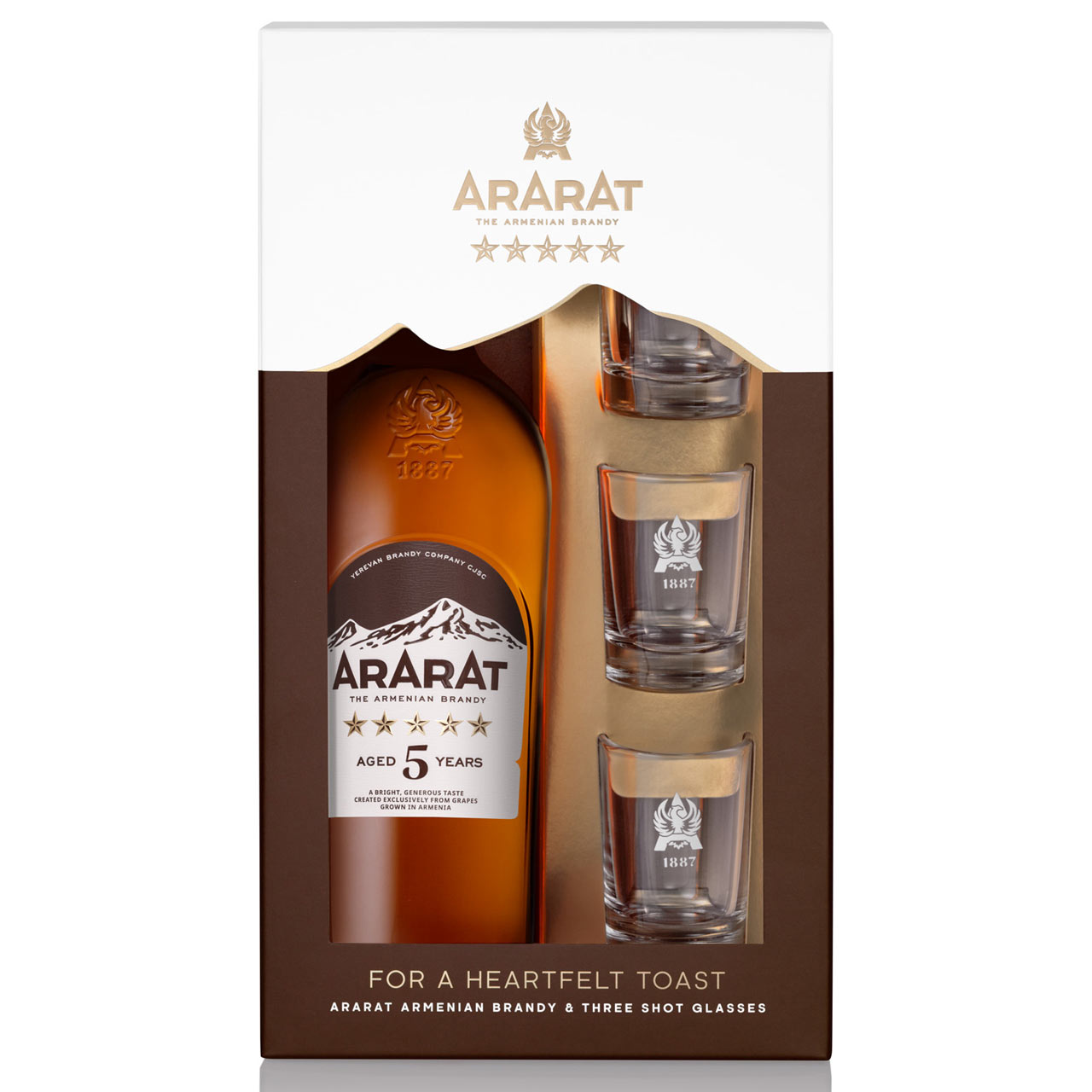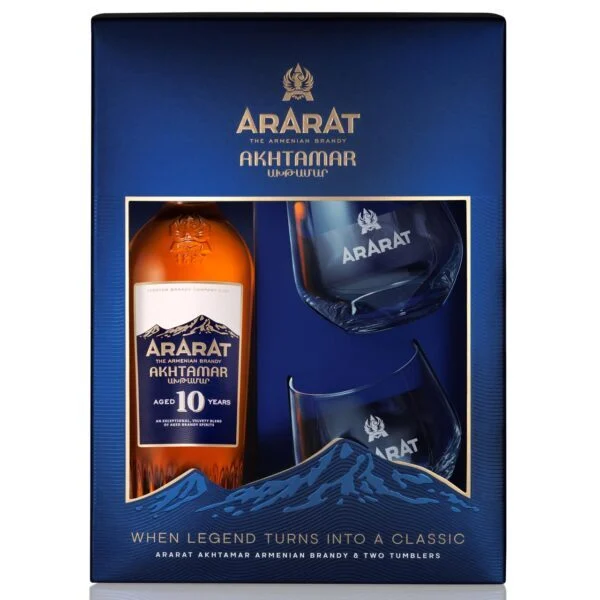Château Musar Jeune Blanc 2020
In the glass, Musar Jeune Blanc has a light straw yellow color. On the nose, the wine offers floral notes, pineapple, pear, dried apricots, smokiness, a touch of green herbs, and basil. On the palate, the wine is medium to full-bodied, powerful, and flavorful. It is creamy with a hint of mint on the back of the palate, ripe melon, a touch of sweetness, and a pleasant bitterness in the finish. The wine pairs excellently with grilled tiger prawns, smoked mackerel, and, of course, Lebanese mezze.
It is best served at a temperature of 16-18°C.
Chateau Musar was founded in 1930 by Gaston Hochar in the historic family château, which dates back to the 18th century. This location was perfect for making and storing wines. Currently, around a million bottles are aging in the cellars, awaiting the most optimal moment to present them to wine lovers worldwide. Throughout the Civil War, winemaking continued uninterrupted here. Only in 1976 and 1984, due to the war, was no wine produced. The grapes had to be transported across the frontline over a distance of 100 kilometers to the winery just north of Beirut.





